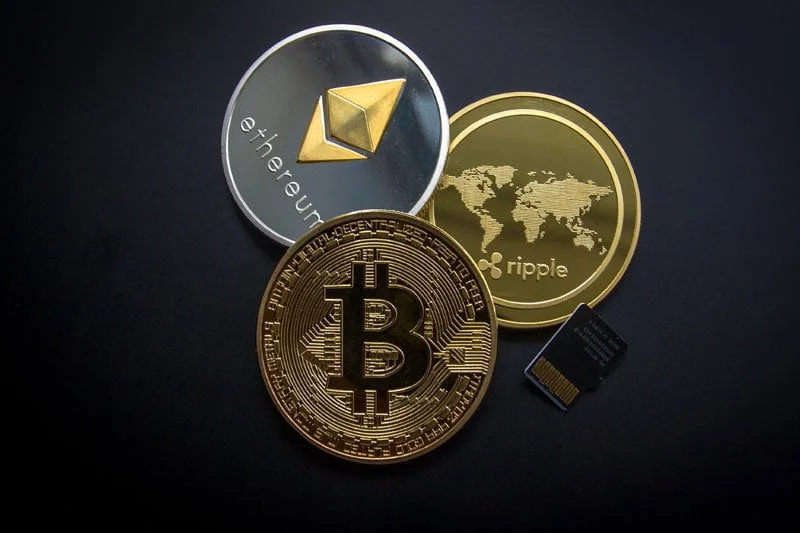$71B in crypto has allegedly passed through ‘blockchain island’ Malta since 2017

The Fiscal Action Task Force, an organ of 37 member jurisdictions and two regional organizations, pointed to Malta’s initial pressure to attract cryptocurrency business as “problematic”.
Malta’s approach to become a global enclave for digital assets seems to be working, though the slack regulatory control has raised concerns regarding money laundering and other financial crimes.
Approximately $71 billion, or 60 billion euros, worth of cryptocurrencies has passed via Malta since the tiny Mediterranean state first adopted its “blockchain island” strategy in 2017, the Times of Malta reported Sunday.
While Malta has improved its cryptographic-based regulation in recent years, financial watchdogs wonder whether the national anti-money laundering regime has been robust enough.
The Financial Action Task Force, or FATF, met in Paris last week to discuss whether Malta should be put on a list of countries that have fallen short of their responsibilities to stop monetary crime.
More precisely, the financial watchdog is worried about Malta’s initial pressure to adopt cryptocurrencies in 2017 and 2018 when the sector was much less regulated. FATF officials also signalled concerns over the country’s law enforcement regime.
A number of blockchain companies established operations in Malta in 2018, including the exchange of Binance cryptocurrencies, in anticipation of more favourable laws.
Businesses that have established themselves in the country have been allowed to operate without a licence for up to one year.
An industry source told the Times of Malta that the one-year grace period contributed to “an explosion of high-risk transactions carried out through cryptocurrency exchanges in an unauthorized environment.”
However, Malta is still considered a positive destination for crypto-asset companies. As Cointelegraph has pointed out, Crypto.com has recently acquired the Malta Virtual Financial Asset Licence Class 3, paving the way for wider recognition of cryptocurrencies across the European Union.
In June 2020, Malta expanded its blockchain ambitions, turning to digital assets more globally as a means to boost take-up and growth of companies.
“We’re moving away from the block chain island, and more towards a digital island because we believe more in this holistic vision that includes all aspects and technological components,” said Kearon Bruno, chairman of the Digital Economy.
